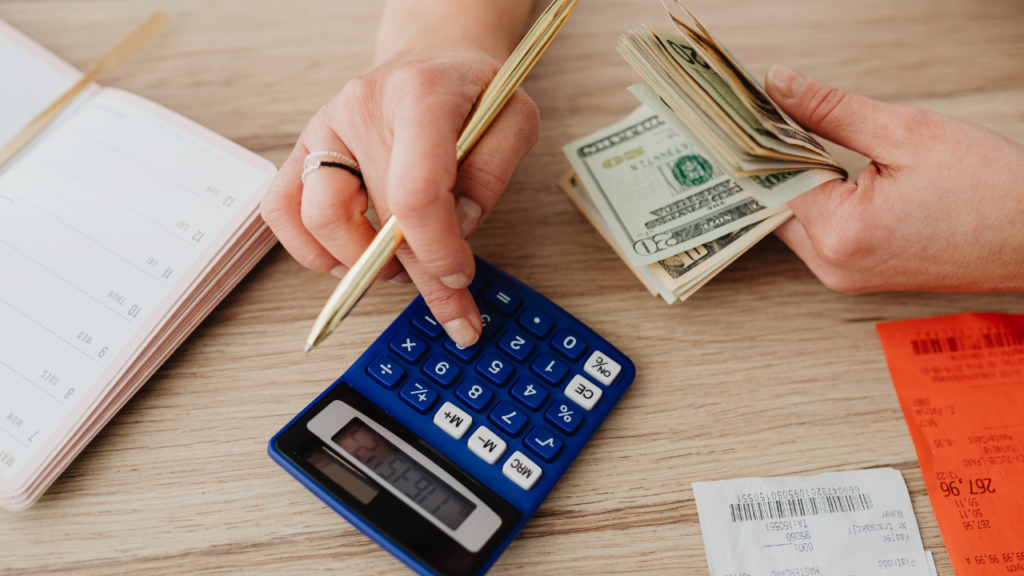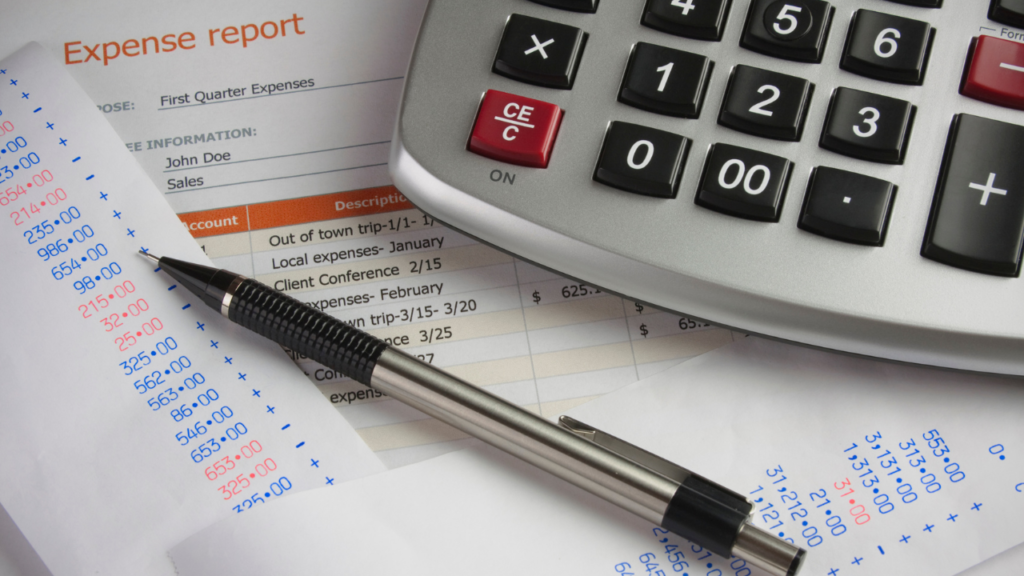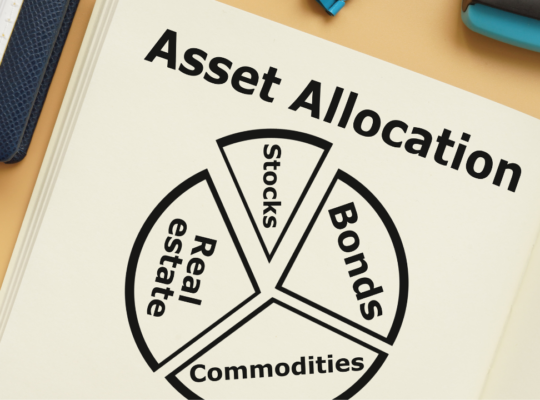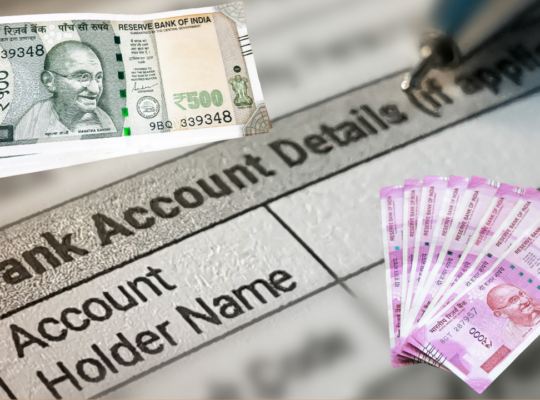
The majority of wealthy people have an ingrained habit of keeping track of their expenses. They monitor where their money is going. According to the author of the book ‘The Millionaire Next Door,’ most millionaires keep to a budget.
Expense tracking is a fundamental behavior of wise personal finance. Obviously, this is not mandatory for everyone. Some individuals have so much wealth and expend so little that keeping track of their costs becomes pointless. Some are well conscious of their own actions. For the bulk of us, though, cost tracking gives useful data into how we use our money.

It is vital not to make hasty judgements while tracking your expenses. The task of documenting your costs is meant to describe your spending patterns rather than to instantly alter them.
To assist you in keeping track of your expenditures, keep the following in mind:
- Be wary of transactions that are easy to ignore. Certain transactions, such as cash transactions, internet purchases, and transactions without a receipt, are easily forgotten. Take particular care to jot down these.
- Keep track of everything. It’s easy to forget where you spent your money the previous day. Make it a practise to seek a receipt at all times.
- Keep them together so you know where to search for them.
- It is critical to do your transactions on a daily basis. The more diligent you are at keeping track of your expenditures, the less likely you are to miss something. Yet, day-to-day accounting might be a chore. Therefore, at the very least, aim to do it once a week.

Expenditure tracking reveals your spending habits as they are; not as you assume they are. You may use this information to build a budget and set financial goals. At the very least, you’ll understand where your money has gone. It’s difficult to know how much you’ve genuinely spent – and what you’ve spent it on – unless you keep track of your expenses.
There are a number of online applications nowadays that claim to track your spending. Automatic tracking is advantageous. But it is best to track things manually. In the end, it doesn’t matter which technique you use. What matters is that you maintain a log of your expenditures.

Finally, recording your spending allows you to evaluate your finances. You see that your financial habits have improved, allowing you to make changes to better your situation. Tracking your expenses will help you identify and eliminate wasteful spending tendencies in your financial life. Additionally, keeping track of your expenses on a daily basis will help you keep control of your money and encourage healthy financial habits like saving and making investments.





